By Pete MacLellan & Chris Sanchez
Storytelling 101
For most people photography is a way to capture a moment or a memory. Making these ‘snapshots” is how many of us interact with photography on a daily basis, but for some, it’s only the beginning. For a great deal of people “making” photos becomes a way to discover something new - opening a door to a visual world most never realized exists.
Photography itself has countless avenues we can explore. One especially important path is that of the story-teller. Photography is capable of expressing more complex, interesting, personal, or abstract ideas than most realize. Bodies of work often called “portfolios” or “projects”, are groups of images that dive deeper into a subject and express it with multiple photos.
In a world of scroll-through-apps, where photos are glanced at for milliseconds, portfolios and photo-projects are often overlooked and under appreciated. Learning to tell stories though photography is a vital part of any photographers tool-kit. Slowly exploring a topic or idea, over longer periods of time, yields visually rich photos and a fulfilling sense of accomplishment when complete.
What is Photographer’s Seminar?
Photographer’s Seminar is an 11 week course all about crafting and critiquing photo projects. Participants are guided through the process every step of the way, utilizing group discussions and shared resources. This collaboration leads to individaul’s developing a project idea, shooting and curating a set of images, and ultimately presenting their photo project (along with an artist’s statement) to the class group.
We’re thrilled to share a select group of images from last years participants, seen in the galleries below.
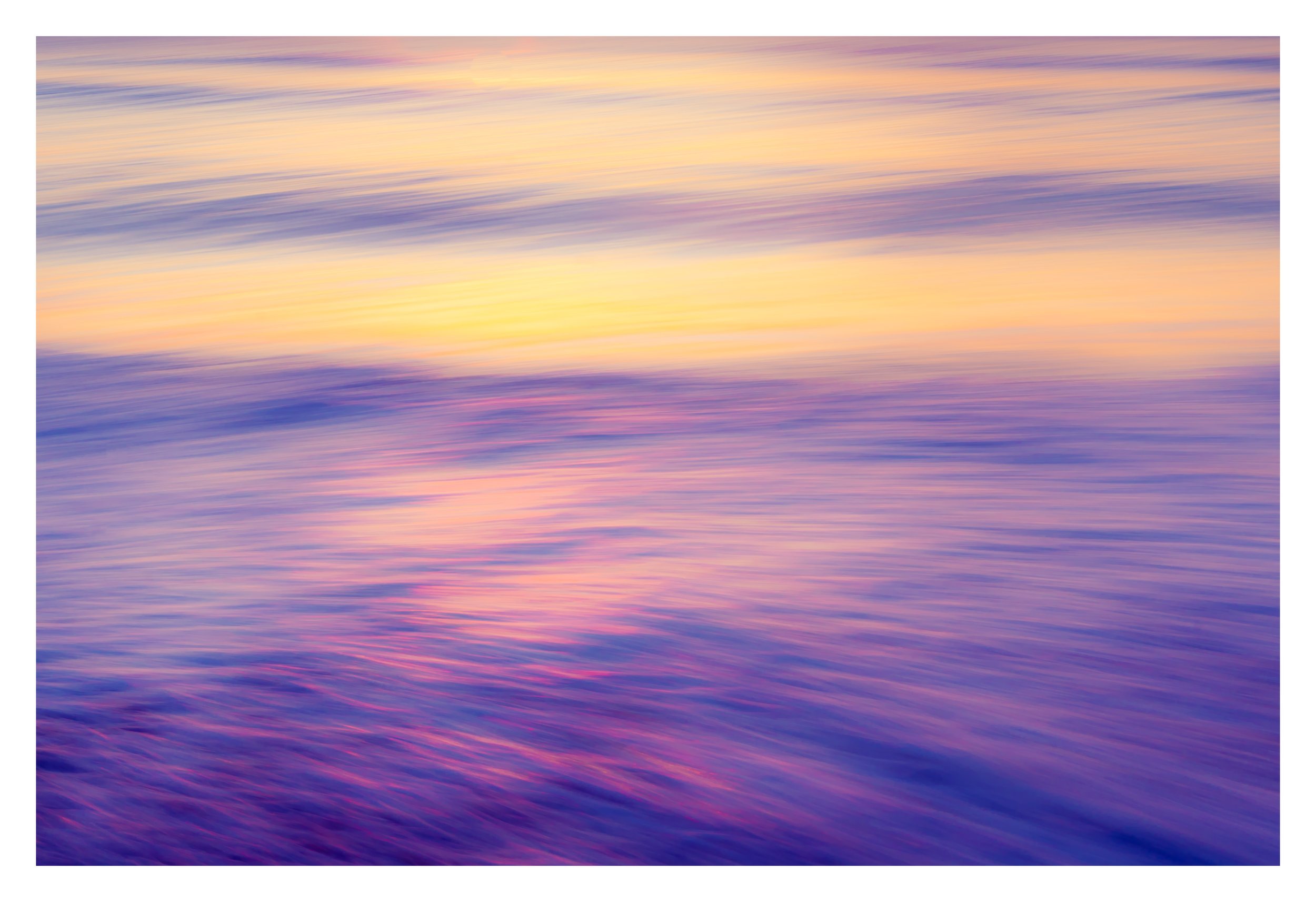
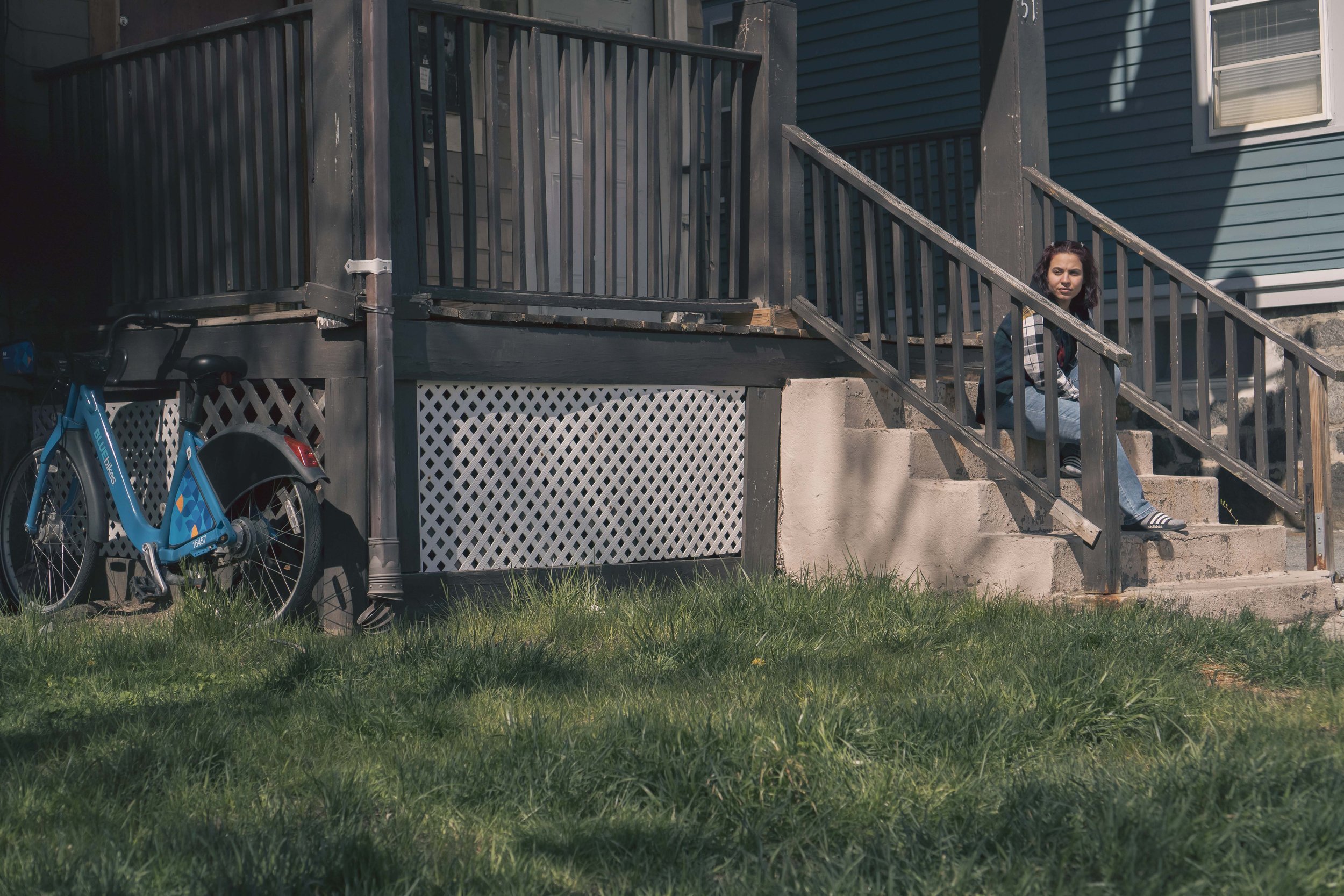

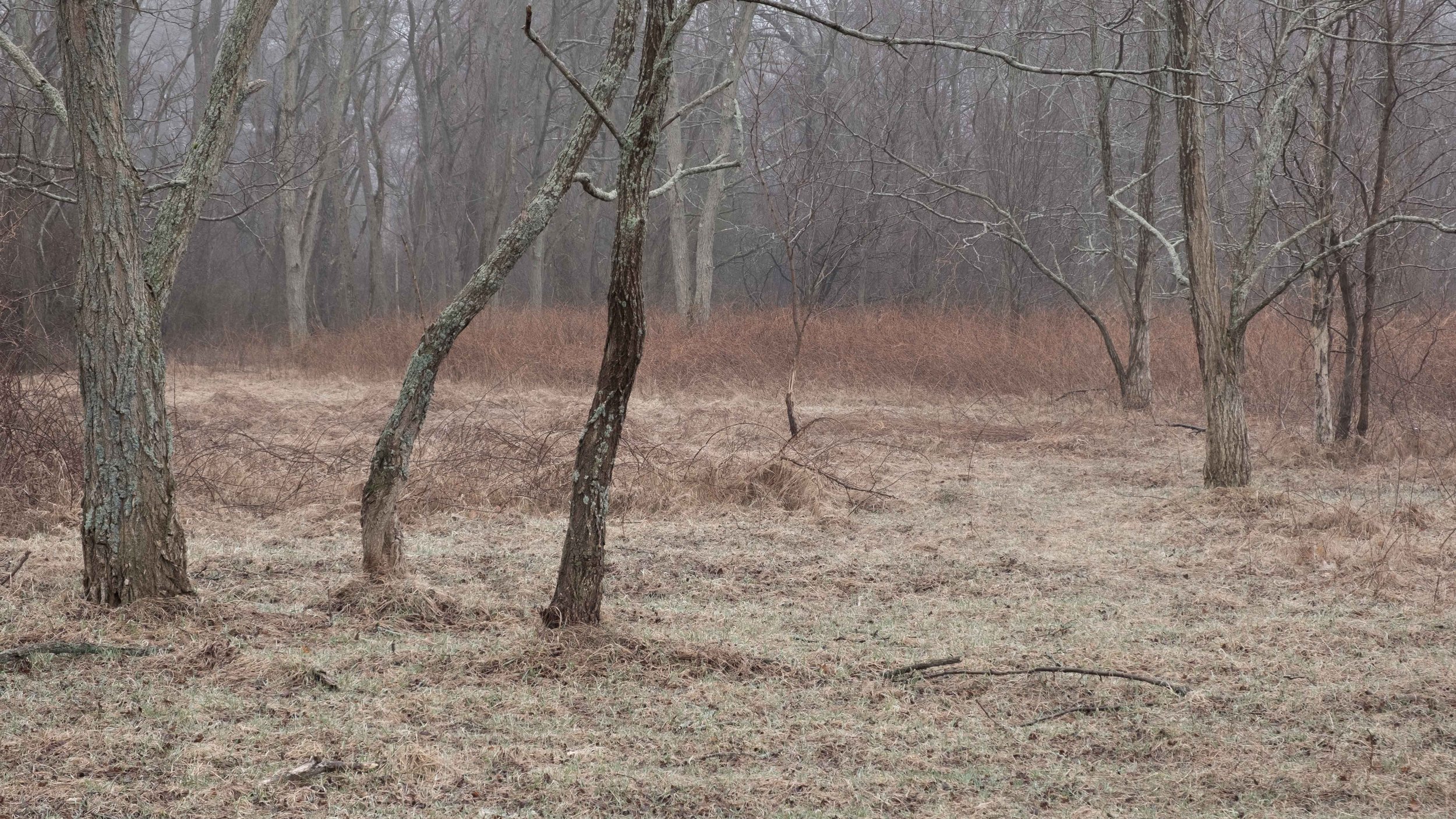
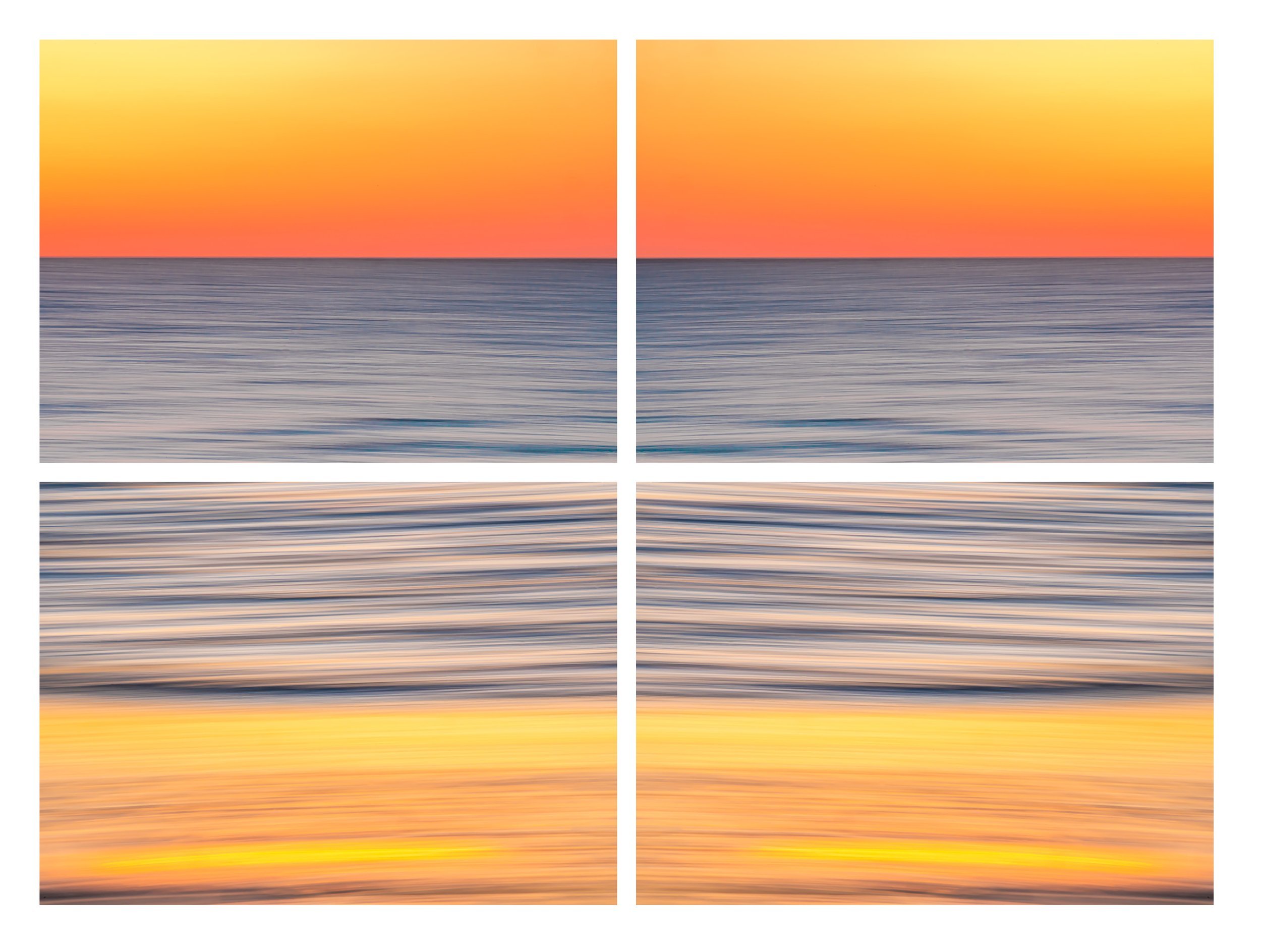
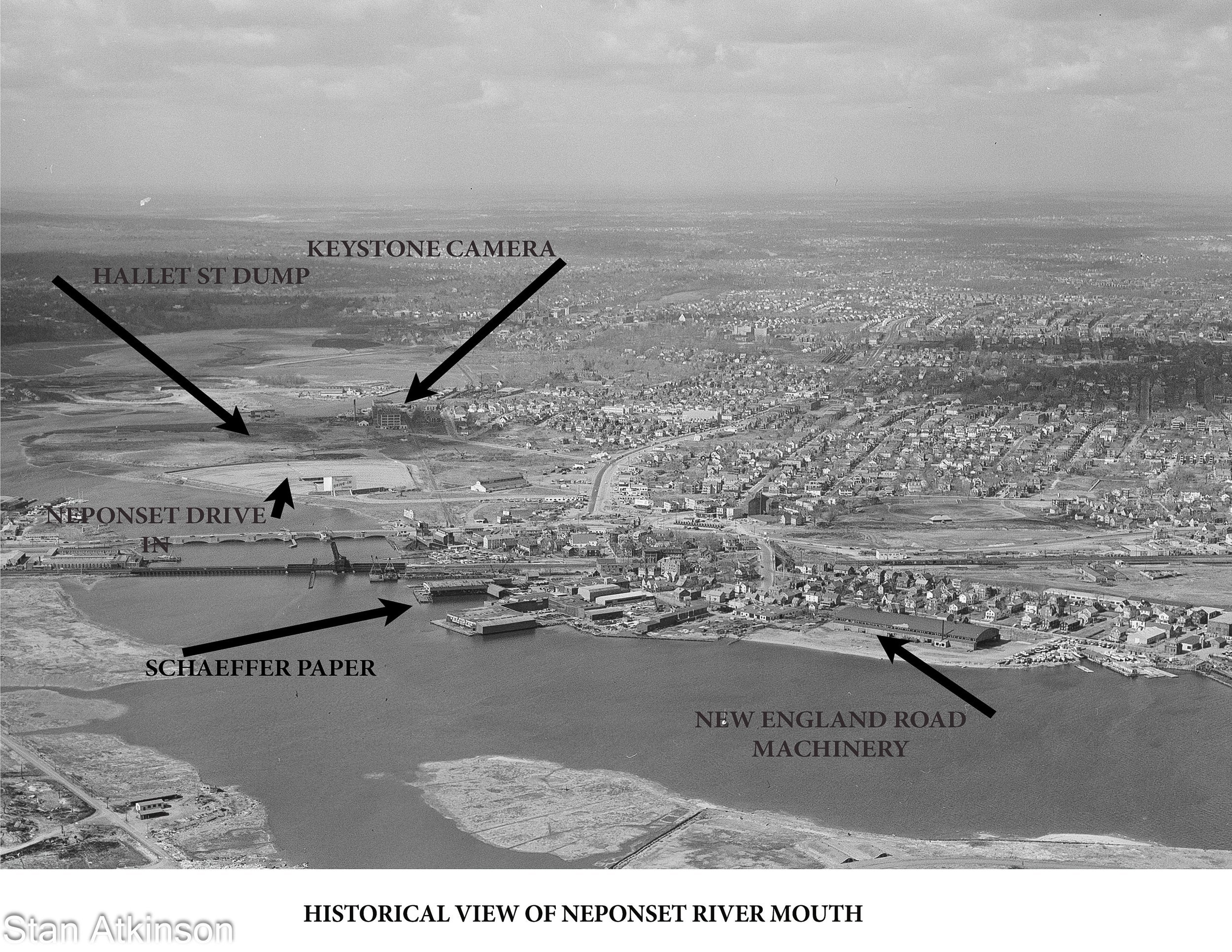
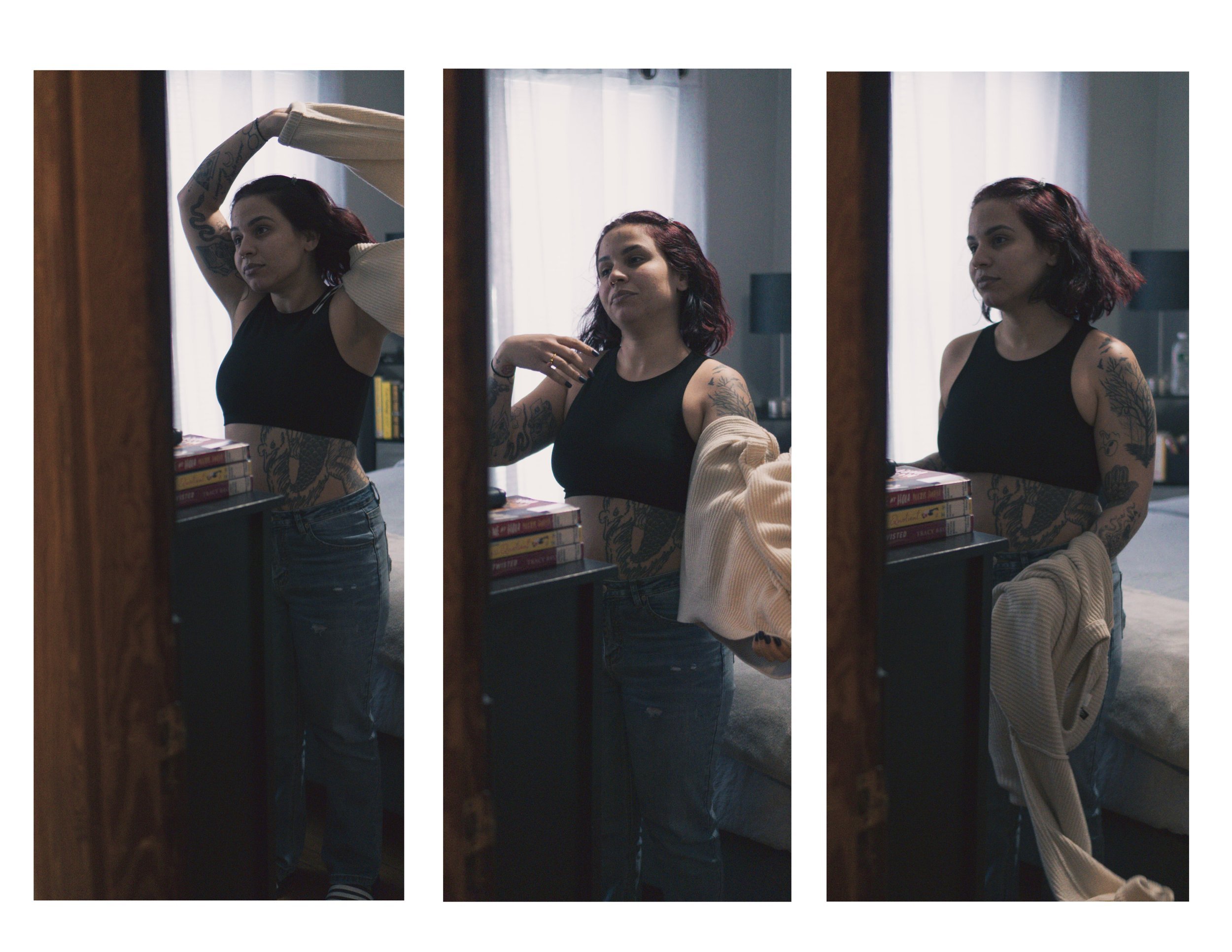

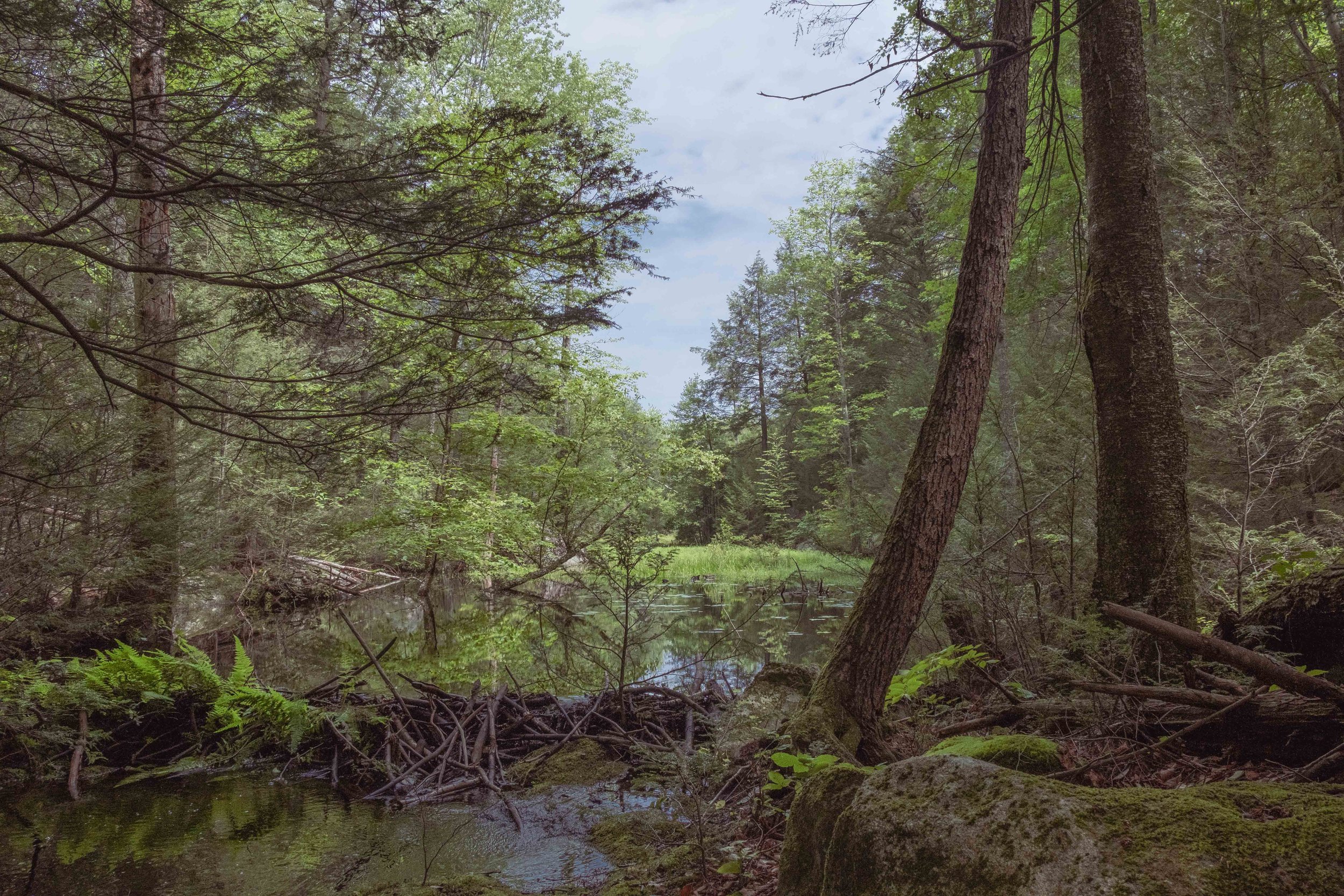
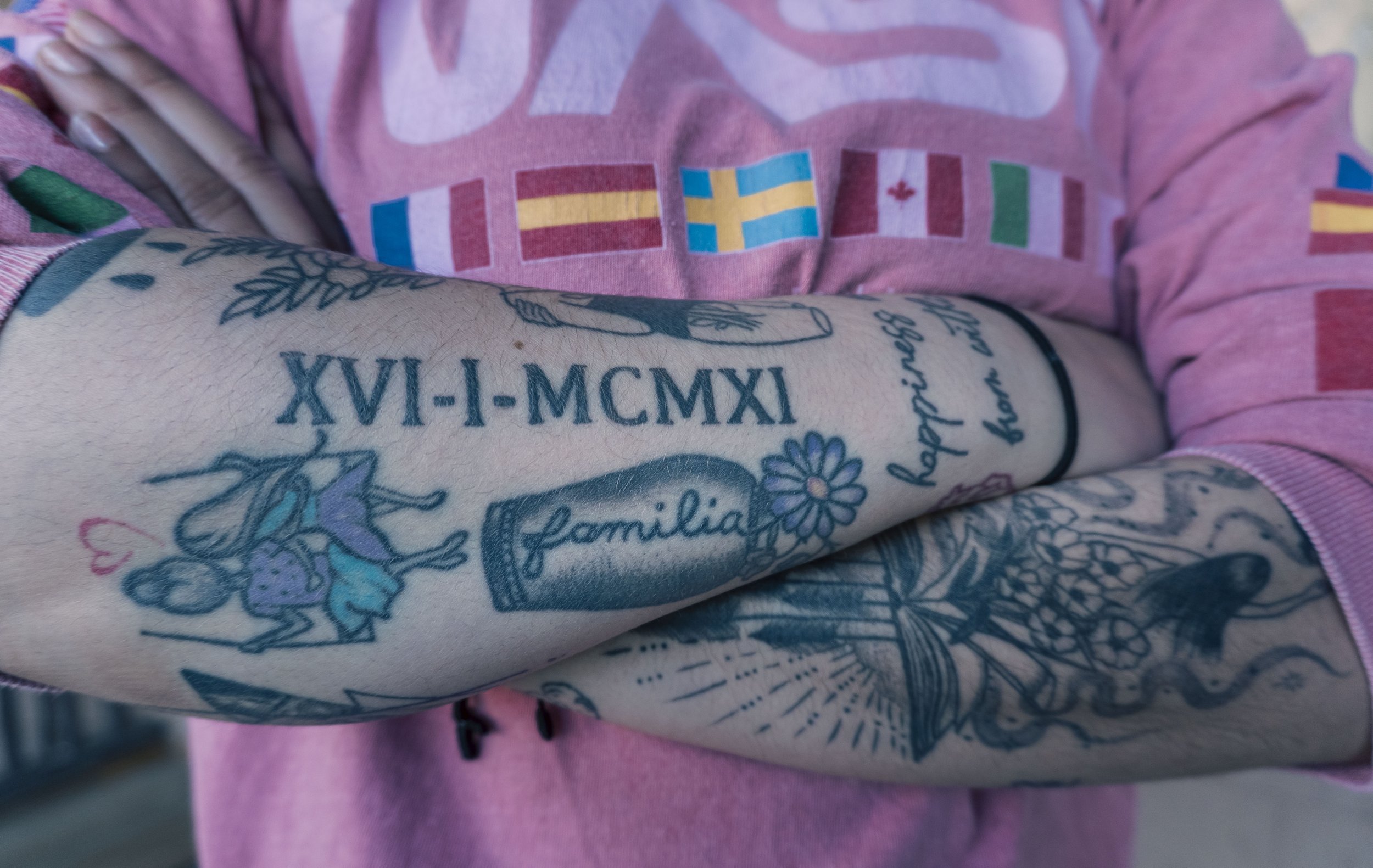
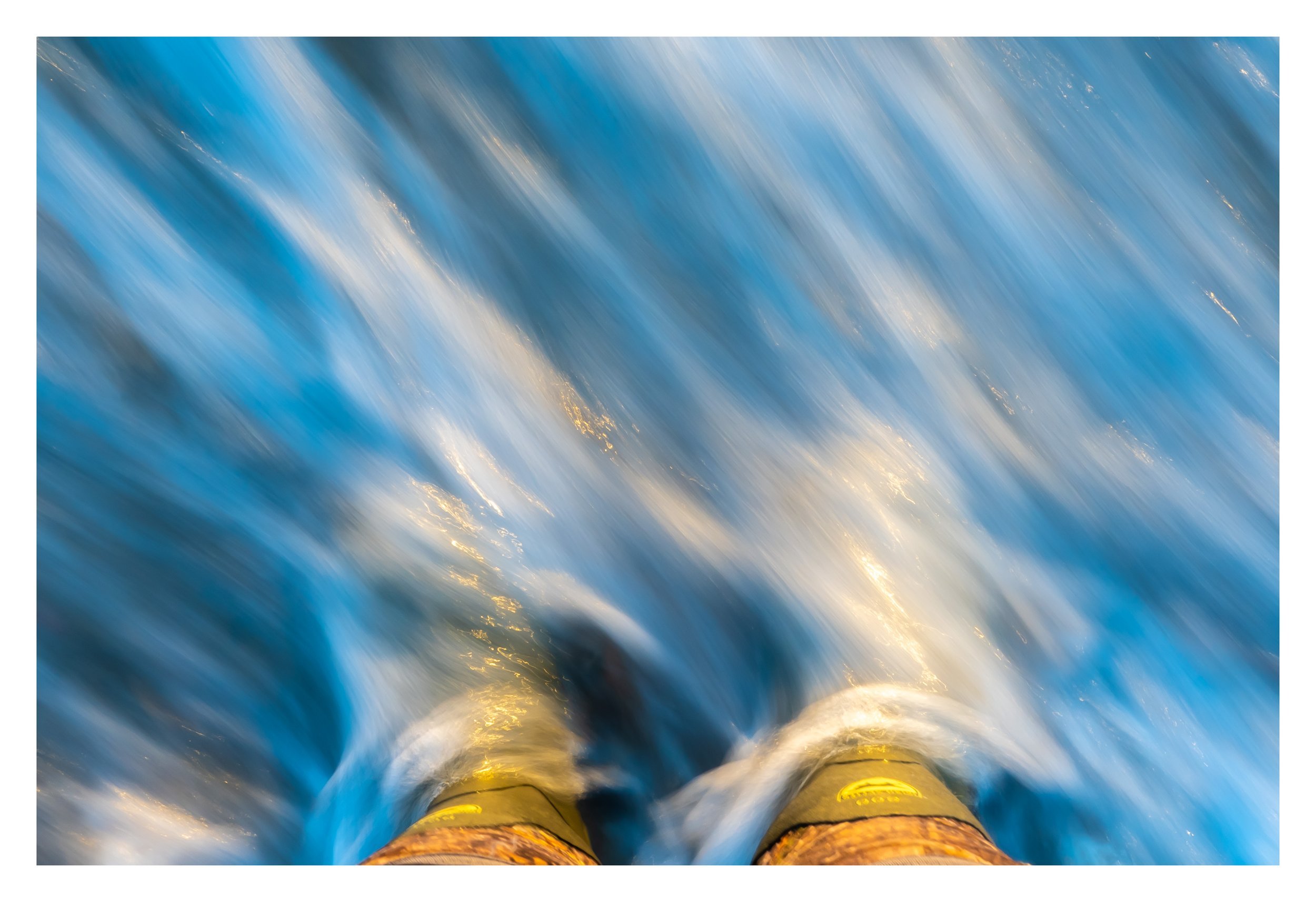
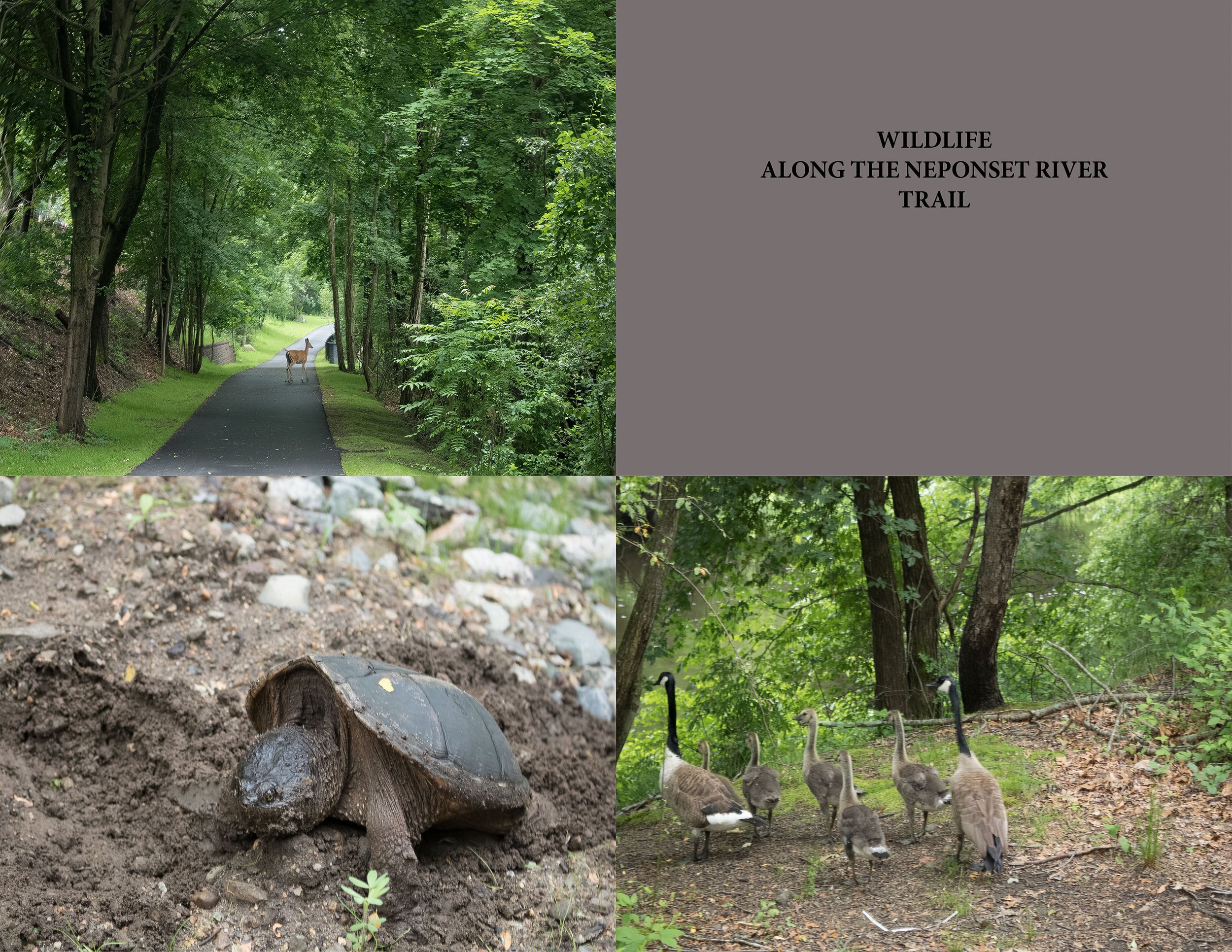

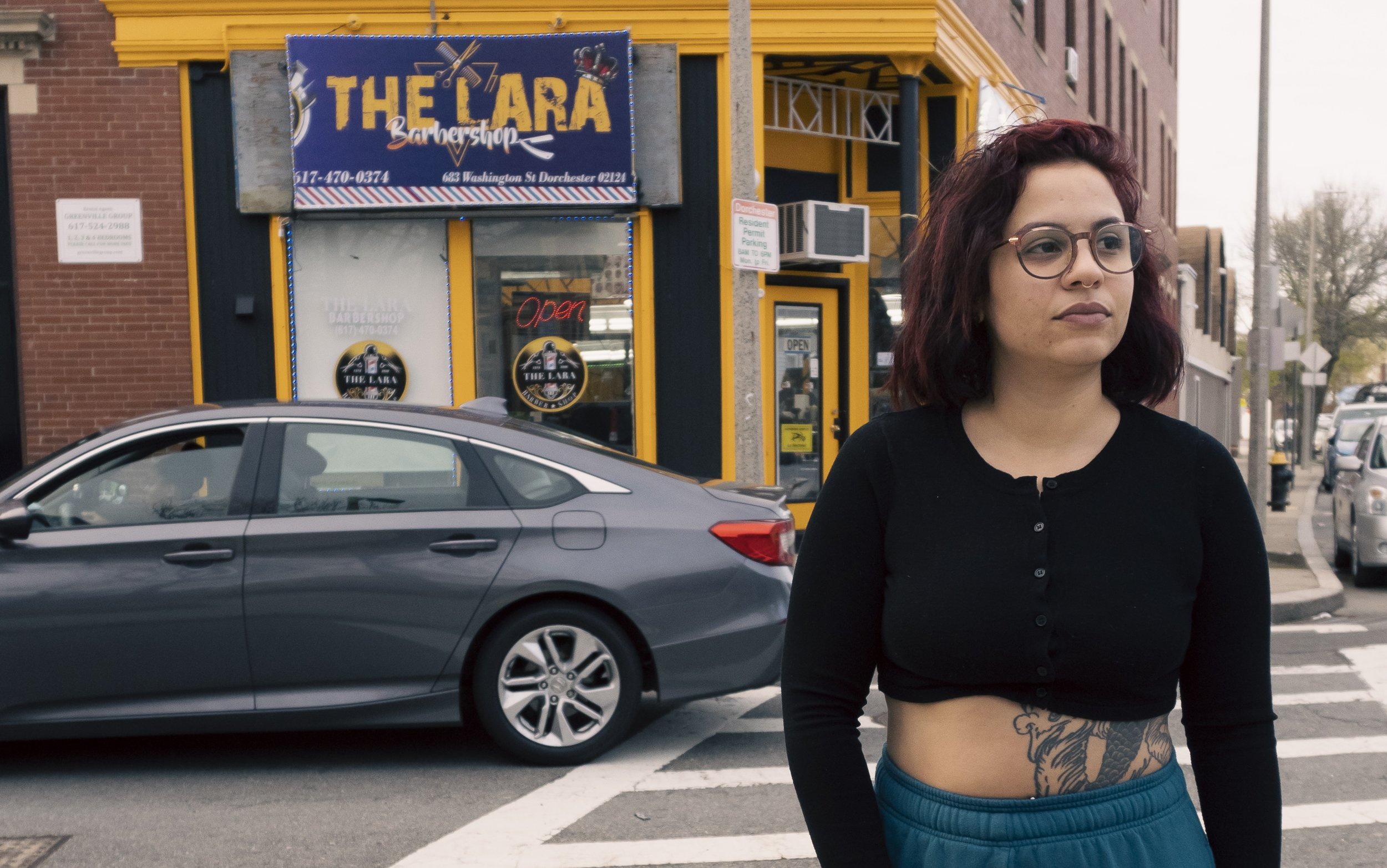
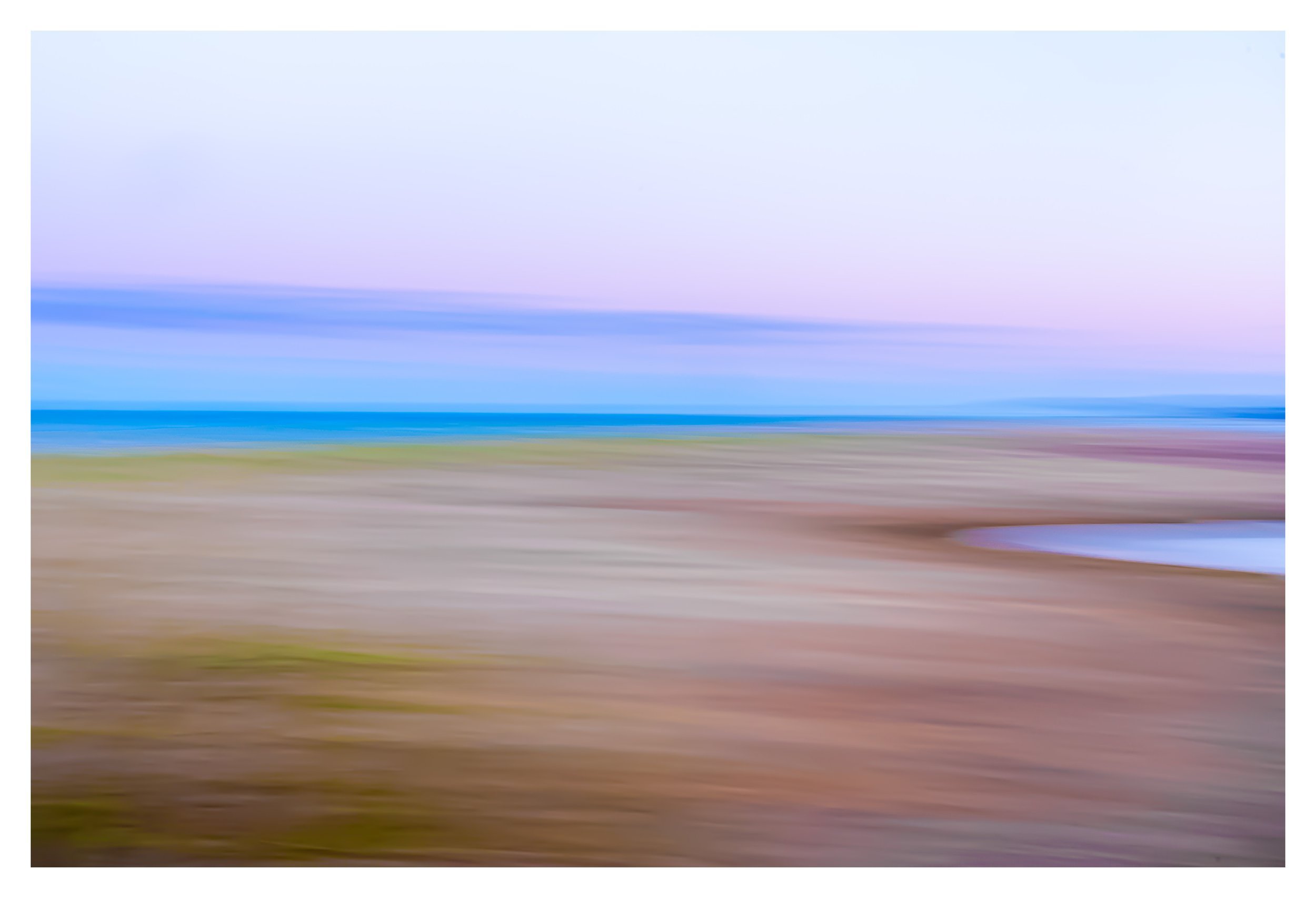

The Experience: Notes from the instructor
We were blown away with the projects that came out of last year’s Seminar cohort (seen above). From dreamy, colorful seascapes to raw, emotional self portraits, these photographers covered the gamut and each brought something unique to the table. It was fascinating to witness different voices and philosophies mixing in our bi-weekly discussions, resulting in continued growth and refinement as each project and each photographer progressed.
“In class, we strive to create a space of mutual encouragement where you get to practice thinking critically about images, as well as how to articulate your opinions about your work and the work of your cohort.”
My favorite part of the Seminar journey is when we get deeper into the curriculum and everyone’s projects really start to take form. Once most of the images have been made, it comes down to shaping them into a cohesive set with an eye for flow and pacing. I believe this is the most important skill to develop in completing a photo project, not the image making itself, but rather the selection and sequencing of the images.
The practice you get from curating the final version of your project for this class will ultimately make you a better photographer. You’re learning to discern how images relate to one another and play off each other. This can be applied anywhere, whether it’s shooting a pre-meditated project like in this class, sorting through your old photos to extract a theme, or making a story-telling post about your recent vacation. The goal is to tap into your unique voice as a photographer and use it to capture the essence of an idea, a story, a place, or a feeling.
Yi-Chin’s “Code Switching” project really epitomized this last year. From the beginning, she had a clear motivation and a story she wanted to tell, and it was awesome to see the photos start to stack up and for the group to give her feedback on what pieces were still missing or needed to be clarified before everything came into focus and really clicked for the finished version.
It’s both scary and a fantastic opportunity for growth to present your photos and have them discussed and analyzed by others. In class, we strive to create a space of mutual encouragement where you get to practice thinking critically about images, as well as how to articulate your opinions about your work and the work of your cohort. It can be a deeply meaningful experience. It’s also just plain cool to see how other people’s brains work and how they maybe approach photography differently than you.
Pete MacLellan: Former BPW student turned instructor, Pete has road tripped and photographed all over the US. You'll often hear Pete stating that you can, in fact, take good pictures from a moving car. Now residing in central Mass, Pete teaches a variety of travel workshops and online classes with the BPW.


